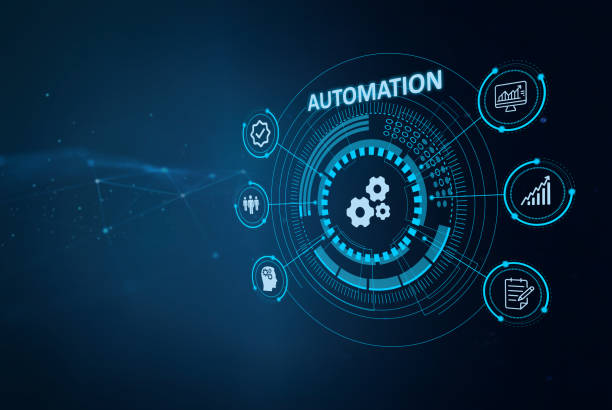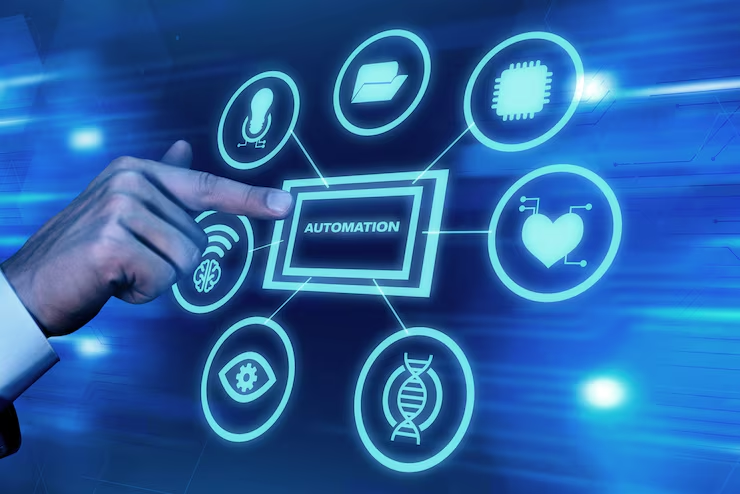With brands like Samsung and WhatsApp embracing AI to enhance user experiences, one cannot help but marvel at the rapid integration of artificial intelligence into our daily lives. As AI-driven technologies become increasingly ubiquitous, the line between human interaction and automated assistance continues to blur.
From virtual assistants guiding our daily tasks to predictive algorithms shaping our online experiences, AI has permeated various facets of our lives, promising greater convenience, efficiency, and personalization. The prevalence of AI-driven solutions reflects a paradigm shift in how businesses engage with their customers, striving to deliver seamless and tailored experiences that resonate with individual preferences and behaviors.
In recent years, we have witnessed a surge in AI adoption across diverse industries, ranging from e-commerce and telecommunications to healthcare and finance. Companies are leveraging AI-powered solutions to streamline operations, optimize processes, and unlock actionable insights from vast troves of data. By harnessing the power of machine learning, natural language processing, and predictive analytics, businesses can anticipate customer needs, automate routine tasks, and drive innovation at scale.
However, the widespread integration of AI also raises pertinent questions regarding privacy, ethics, and the future of work. As algorithms shape our digital interactions and decision-making processes, concerns about data security and algorithmic bias come to the forefront. Moreover, the automation of jobs and tasks once performed by humans necessitates a broader conversation about upskilling, reskilling, and the evolving role of workforce in the age of AI.
Despite these challenges, the transformative potential of AI remains undeniable. As consumers, we have grown accustomed to AI-driven recommendations, personalized content, and predictive insights that enhance our digital experiences. Whether it is recommending products based on past purchases or predicting user preferences in real-time, AI algorithms are continually refining their understanding of user behavior to deliver hyper-personalized interactions.
Looking ahead, the proliferation of AI will continue to reshape industries, redefine customer engagement, and drive innovation across sectors. From healthcare diagnostics and autonomous vehicles to smart cities and virtual assistants, the possibilities are limitless. By embracing AI as a catalyst for change, businesses can unlock new opportunities, drive efficiencies, and stay ahead in an increasingly competitive landscape.
Stay tuned as we explore the latest trends, developments, and insights in the world of AI, and how they're shaping the future of business and society. The journey to AI-driven innovation has only just begun.
PS: This article was written with an AI prompt.







